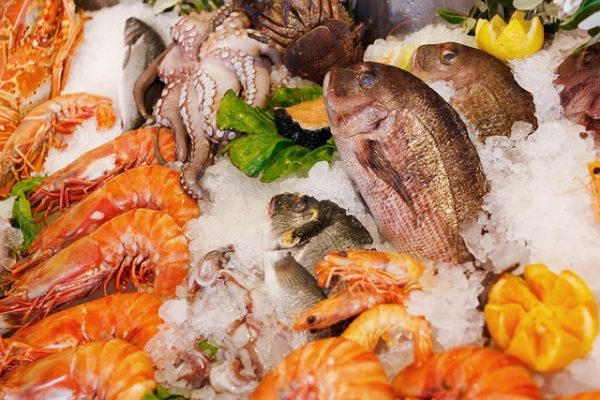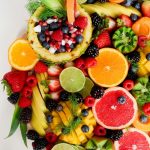Every now and then I run across a patient who won’t eat fish. It’s not because they don’t like it. It’s because they’ve read one too many scary stories about mercury poisoning.
I get it. And I agree that all heavy metals, not just mercury, are a problem in today’s society.
However, this may be one instance where avoiding a specific food group for “health reasons” may actually be doing more harm than good.
Seafood is one of your best sources of fats, protein, vitamins, and minerals that promote good health. Regular fish consumption can…
- Reduce the risk for heart disease.
- Provide relief from inflammatory diseases.
- Improve lipid metabolism
- Reduce the likelihood of high blood pressure.
- Drop your chances of developing artery-clogging plaque or blood clots.
- Diminish the risk of sudden death from a heart attack or stroke.
- Improve blood sugar and insulin sensitivity.
- Decrease joint pain and stiffness among people with arthritis.
- Improve bone health.
- Improve mood.
- Slow aging.
- Lower the risk of macular degeneration.
- Reduce the risk for colon cancer, and possibly breast and prostate cancers.
So that’s a pretty impressive list.
Still, how can you get all of these great and wonderful health benefits without worrying about mercury?
Eat This Fish, Not That One
DO NOT eat fish that are high on the food chain. Those that are larger and live longest are the ones that have the highest mercury levels. Swordfish, King and Spanish mackerel, grouper, Chilean sea bass, tuna (all types), marlin, shark, tilefish, orange roughy and halibut all fall under this category.
DO eat smaller forms of seafood. Shrimp, scallops, sardines, wild Alaskan salmon and oysters are all extremely low on the food chain. Haddock, Pollock, flounder, sole, catfish, trout, mackerel and crab also contain very low mercury levels.
NEVER buy regular canned albacore tuna. If you insist on tuna from a can, select “light tuna”. It is generally made from skipjack tuna, which has about a third of the mercury content of albacore. Better yet, choose canned wild salmon instead.
ALWAYS buy wild-caught to avoid hormone disrupting contaminants found in farm-raised seafood.
4 Mercury-Busting Tips for Everyone (Not Just Fish Lovers)
Fish isn’t the only source of mercury in your environment. It’s in amalgam dental fillings, light switches, thermostats, vaccines and even some cosmetics.
So it’s a great idea to give your body the tools it needs to remove it before it can build to harmful levels.
You can start with a diet high in fresh, organic vegetables. In particular, toxic metals like mercury have a bonding affinity for sulfur-containing foods such as garlic, onion, broccoli, kale, cauliflower, leeks and bok choy.
Then, add in some healthy sources of fiber to help reduce levels of mercury in your brain and blood. Lentils, beans and other legumes are my top choices. Avocados, artichokes and green peas all have a high fiber content. Nuts and seeds are good, too.
I also recommend eating berries of all kinds to get more healthy fiber in your diet, especially blackberries, raspberries and blueberries. If you’re not fond of berries, coconut, pears, apples, apricots and figs also contain appreciable amounts of fiber.
Next, start supplementing with N-acetyl cysteine (NAC) and alpha lipoic acid (ALA). These two glutathione precursors act as chelators to help move mercury and other metals out of your body faster.
Last but not least start on a chlorella or spirulina supplement. These are forms of algae that are rich in chlorophyll that collects and removes mercury and other heavy metals.
Oh! One more thing…
If you don’t eat fish, for whatever reason, I recommend supplementing with a premium mercury-free fish oil supplement. Otherwise you’ll miss out on all of those amazing health benefits I mentioned earlier. Take between 2,000 and 4,000 mg daily.
SOURCES:
Yashodhara BM, Umakanth S, Pappachan JM, Bhat SK, Kamath R, Choo BH. Omega-3 fatty acids: a comprehensive review of their role in health and disease. Postgraduate Medicine Journal. 2009;85:84-90.
Hosomi R, Yoshida M, Fukunaga K. Seafood Consumption and Components for Health. Glob J Health Sci. 2012 May; 4(3): 72–86.
Sears ME. Chelation: Harnessing and Enhancing Heavy Metal Detoxification—A Review. ScientificWorldJournal. 2013; 2013: 219840.



